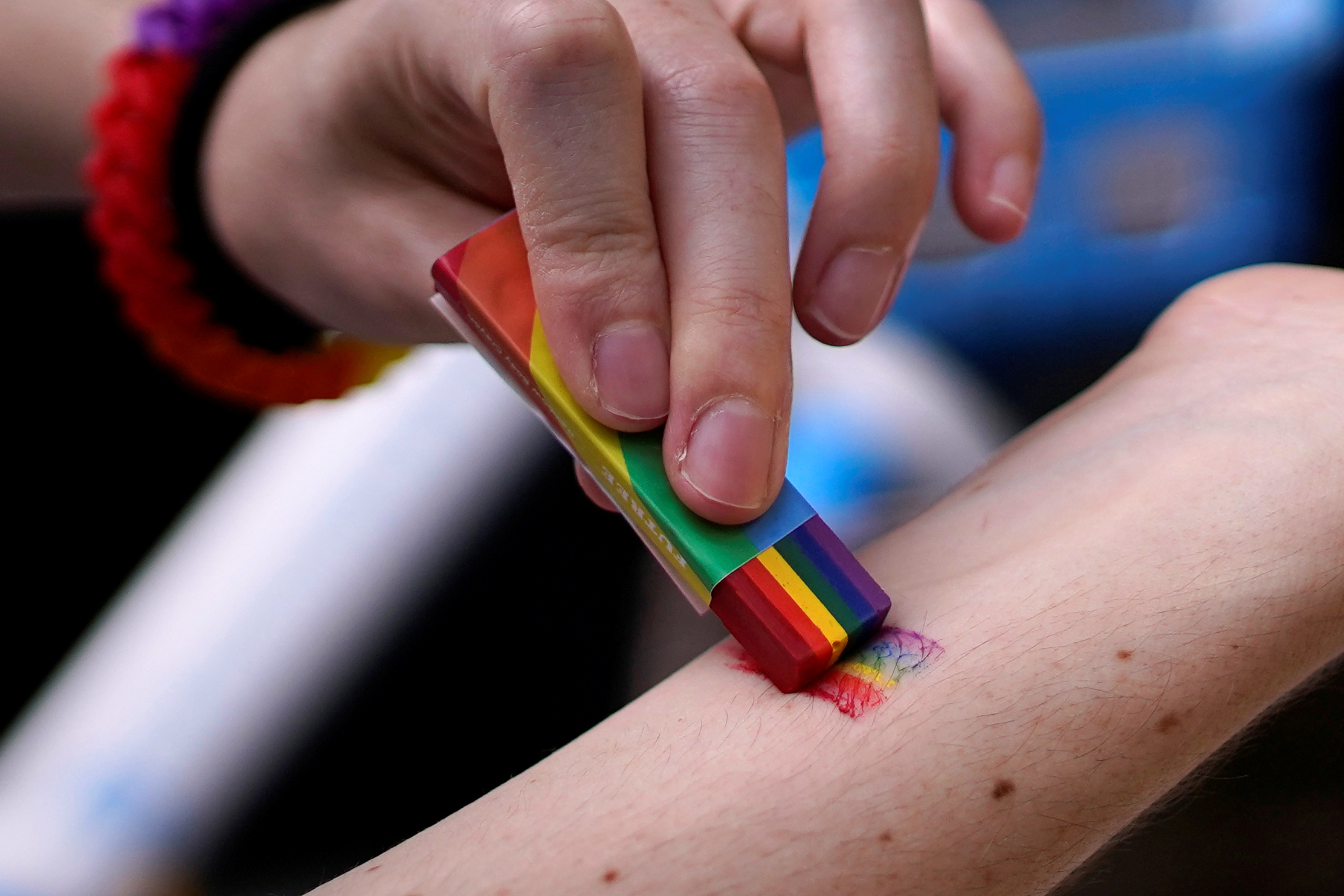International Day Against Homophobia and Transphobia commemorated in China with reports and social media posts
Although China’s LGBT+ community still struggles against discrimination and social stigma, social media users are increasingly expressing tolerance and even support.

Today, May 17, marks International Day Against Homophobia, Biphobia, Interphobia, and Transphobia (IDAHOBIT). First observed in 2004, the day was chosen to commemorate the World Health Organization’s decision in 1990 to declassify homosexuality as a mental health disorder, and was designed to highlight violence, discrimination, and repression experienced by LGBT+ people all over the world.
In China, although major strides have been made in many aspects of society in accepting and integrating the LGBT+ community — such as the decriminalization of homosexuality in 1997, and offering legal guardianship to same-sex couples as a way to recognize their relationship — there’s still much work to end discrimination and realize true equality.
In recognition of IDAHOBIT, the Beijing LGBT Center released a report (in Chinese) on LGBT+ inclusion in the Chinese workplace. In partnership with the United Nations, the organization polled a total of 122 Chinese companies and 3,445 Chinese employees across a variety of industries, including finance, education, and tech.
The study found that only about 14% of the companies surveyed had anti-bias or equal opportunity policies to protect LGBT+ workers from workplace discrimination based on their sexual identity or sexual orientation. When it comes to worker rights and benefits, less than 15% granted employees family leave to care for their same-sex partners. While 70% of survey respondents had medical insurance plans for employees, only 10 companies took into account the special needs of LGTB+ people. And while gender-neutral bathrooms are becoming more common in Western countries, they are still rare to find in Chinese companies.
Out of the 3,445 individuals taking part in the survey, among whom about 75% were gay and 13.3% were transgender, roughly 75% were generally unsatisfied with how their employers treated LGBT+ employees. More than 90% of those from gender and sexual minorities said they hoped that their employers would do more to increase diversity and inclusion in the workplace. But about half of company respondents said they were reluctant to adopt LGBT+-friendly policies, mainly because they saw LGBT+ issues as a “sensitive subject” that companies should avoid being associated with.
In a similar spirit, the Advocates for the Diverse Family Network, a Guangzhou-based nonprofit organization with a focus on promoting the well-being of China’s lesbian community, released results (in Chinese) of a recent survey designed to shed light on the current state of reproductive rights for Chinese lesbians and transgender women.
After surveying about 2,900 women who identified as LGBT+, the organization found that the majority of the respondents — regardless of their relationship status — wanted to remain childfree in the near future. “Not liking children” was the leading reason. Other top reasons included a lack of pro-family policies, an absence of financial or emotional support from family members, and legal restrictions in China, where single women and lesbians are still denied access to assisted reproductive technology such as IVF and egg freezing.
The survey included 252 people who are in long-term relationships and already have children. Approximately 70% of them conceived children by using sperm donors from foreign clinics. After childbirth, they still had a host of issues to deal with, including the inability to register one member of the couple as a legal guardian, financial pressure, and the denial of maternity benefits.
In a rare display of LGBT+ pride and support for the community, Chinese internet users also commemorated the day by sharing encouraging messages on social media and calling for more acceptance of LGBT+ individuals. On Weibo, several IDAHOBIT-related hashtags were trending earlier today, with the most popular ones like #517# and #love is love# receiving millions of views.






